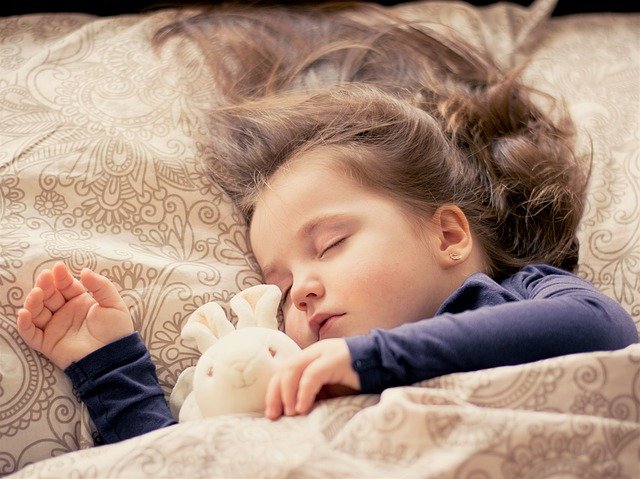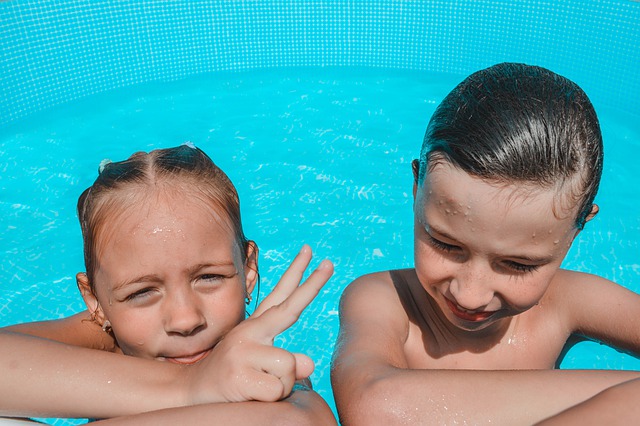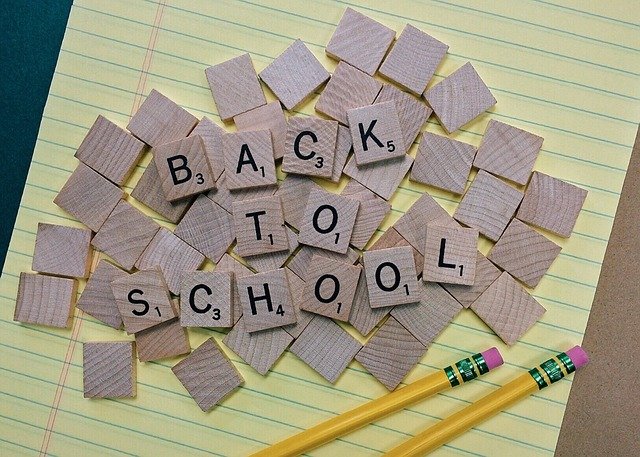
Sleep is important for many functions of a person’s life, and children are no different. Depending on the age of your child, the hours vary. On average, adults should strive for 7-9 hours of sleep a night, but for kids, that number is often more.
Infants should get 12-16 hours per night, and if you’ve ever had a newborn, this may not surprise you. Toddlers on the other hand should strive for 11-14 hours per 24 hours, and these numbers include nap times.
As children get older, less sleep is generally needed, but it’s still important to stick to 10-13 hours for preschoolers, 9-12 hours for kids in grade school, and finally teens should get closer to what an adult needs at about 8-10 hours a night.
Sleep deprivation is a real concern, as sleep is so important for your child’s health. To learn some tips on how to promote good sleep habits, keep reading below!






